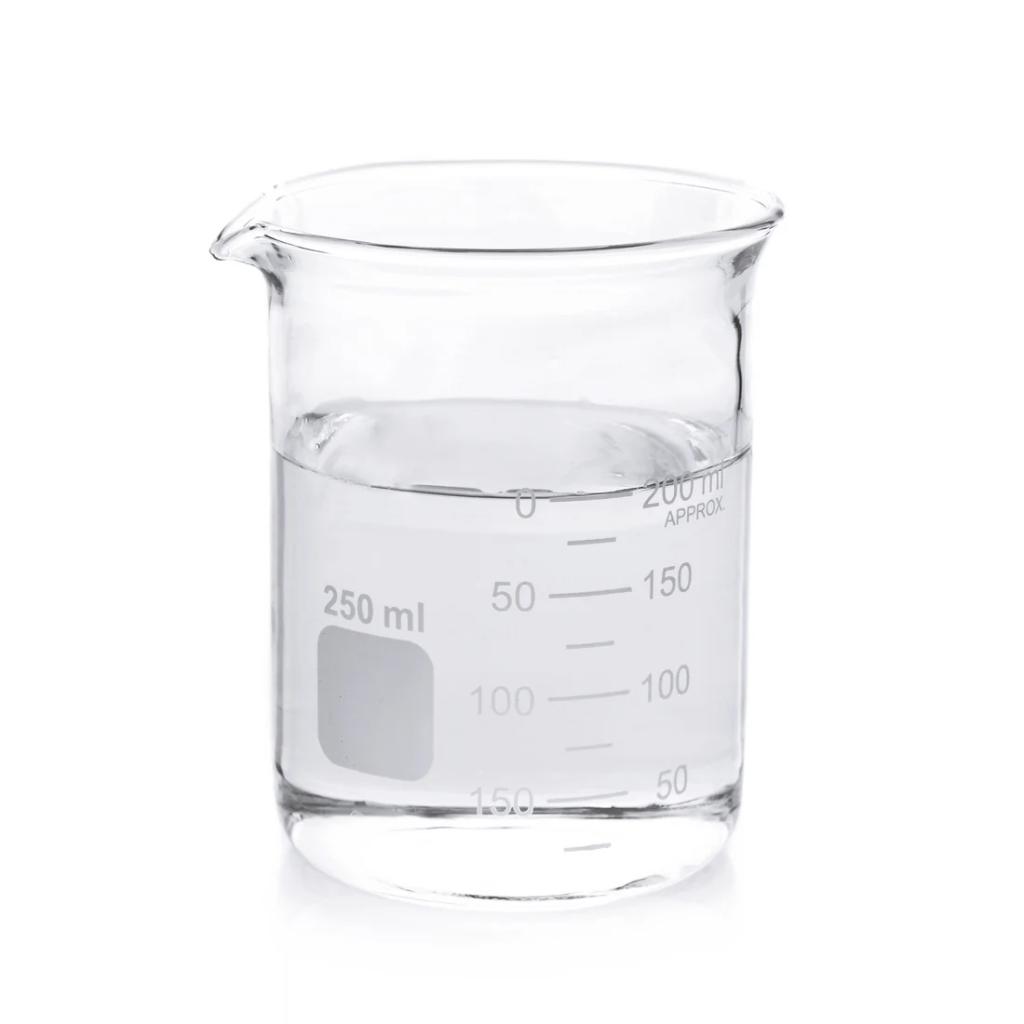When browsing skincare and haircare product labels, you might have come across the ingredient Sodium Lauryl Ether Sulphate (SLES). Often found in shampoos, face washes, and body cleansers, this ingredient plays a crucial role in creating that foamy, lathering effect we associate with cleanliness. But is Sodium Lauryl Ether Sulphate safe for your skin? Let’s explore its properties, benefits, and potential concerns.

What is Sodium Lauryl Ether Sulphate (SLES)?
Sodium Lauryl Ether Sulphate (SLES) is a surfactant, meaning it helps cleanse by breaking down oils, dirt, and grease so they can be rinsed away with water. It is a milder derivative of Sodium Lauryl Sulfate (SLS), which is known for being more aggressive on the skin.
SLES is widely used in skincare and personal care products because it:
- Produces a rich lather, enhancing the cleansing experience.
- Effectively removes dirt and oil.
- Is relatively gentle compared to SLS, making it suitable for sensitive skin when formulated correctly.
Is SLES Safe for Your Skin?
The safety of Sodium Lauryl Ether Sulphate depends on the concentration and formulation. Here are a few important points to consider:
1. Potential for Skin Irritation
While SLES is milder than SLS, it can still cause irritation, particularly for people with sensitive or dry skin. If not properly purified, it may contain 1,4-dioxane, a byproduct linked to potential toxicity concerns. However, reputable skincare brands ensure thorough purification to remove harmful residues.
2. Moisture Stripping
As an effective cleanser, SLES can strip away natural oils from the skin. If used excessively or in high concentrations, it may lead to dryness or disruption of the skin barrier. Using a moisturizing face wash or a hydrating cleanser alongside SLES-based products can help maintain balance.
3. Is It Safe for Acne-Prone Skin?
For oily or acne-prone skin, SLES can be beneficial as it effectively removes excess oil. However, if the skin becomes overly dry, it may trigger the production of more sebum, leading to breakouts. Opting for gentle formulations with added soothing ingredients like aloe vera or glycerin can mitigate this effect.
Alternatives to SLES
If you have very sensitive skin or prefer sulfate-free options, consider alternatives like:
- Cocamidopropyl Betaine – A mild surfactant derived from coconut oil.
- Decyl Glucoside – A plant-derived surfactant that is gentle on the skin.
- Sodium Cocoyl Isethionate – A sulfate-free foaming agent with a milder effect.
Conclusion: Should You Use Products with SLES?
Sodium Lauryl Ether Sulphate (SLES) is generally safe when used in well-formulated skincare and haircare products. If you have normal to oily skin, SLES-based products can provide effective cleansing. However, if you have sensitive or dry skin, opt for sulfate-free or moisturizing alternatives.
To ensure the best skincare routine, always read product labels, look for dermatologically tested formulations, and do a patch test before using any new product. Your skin’s health is unique, so choosing the right ingredients is essential for maintaining a balanced and glowing complexion.
Would you like recommendations for SLES-free skincare products? Let us know in the comments!
